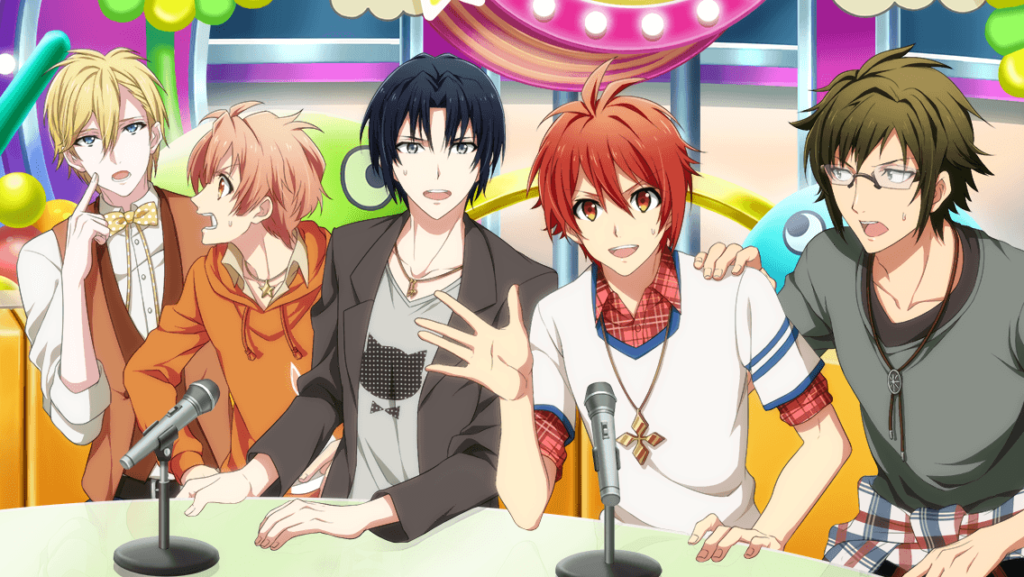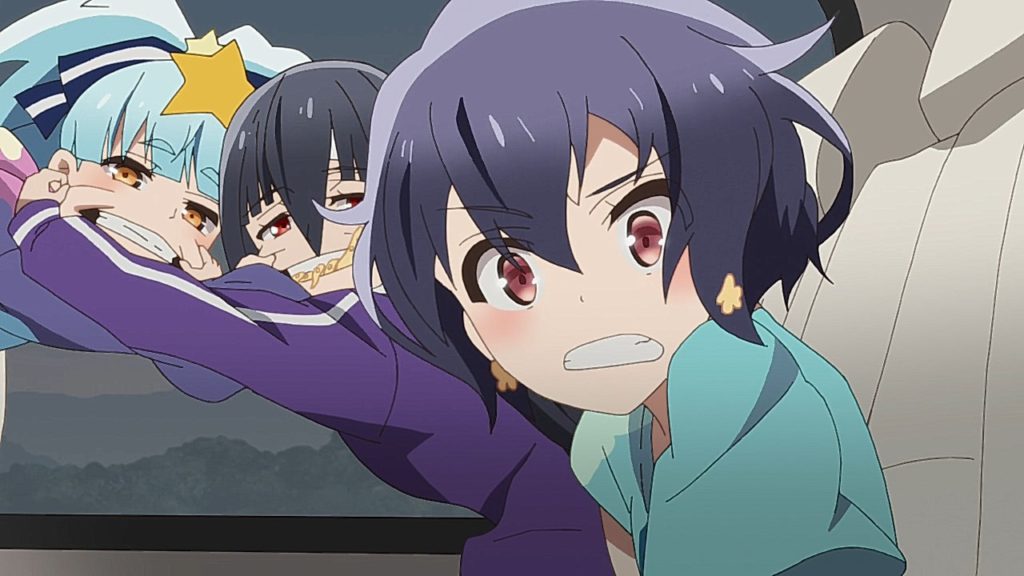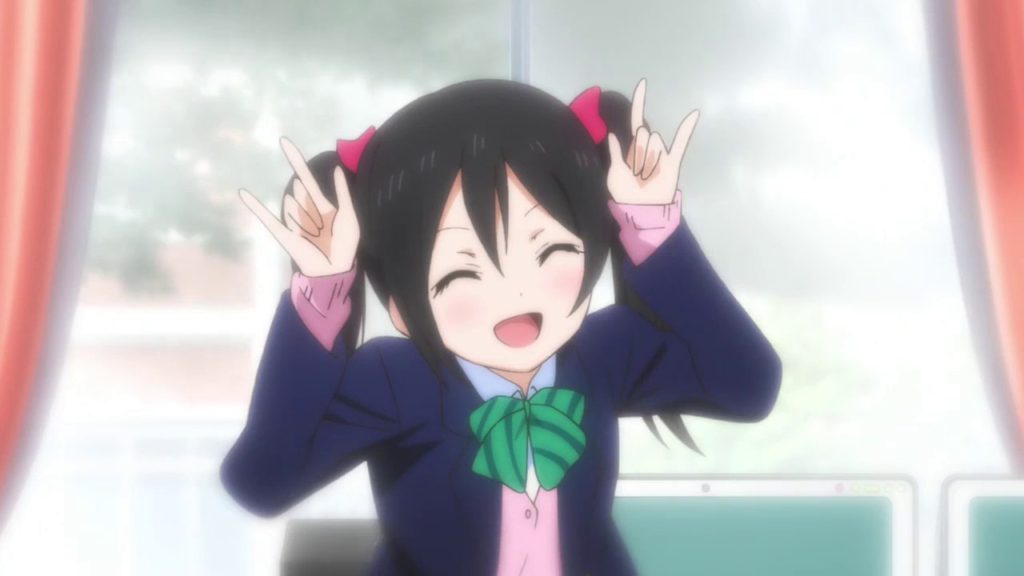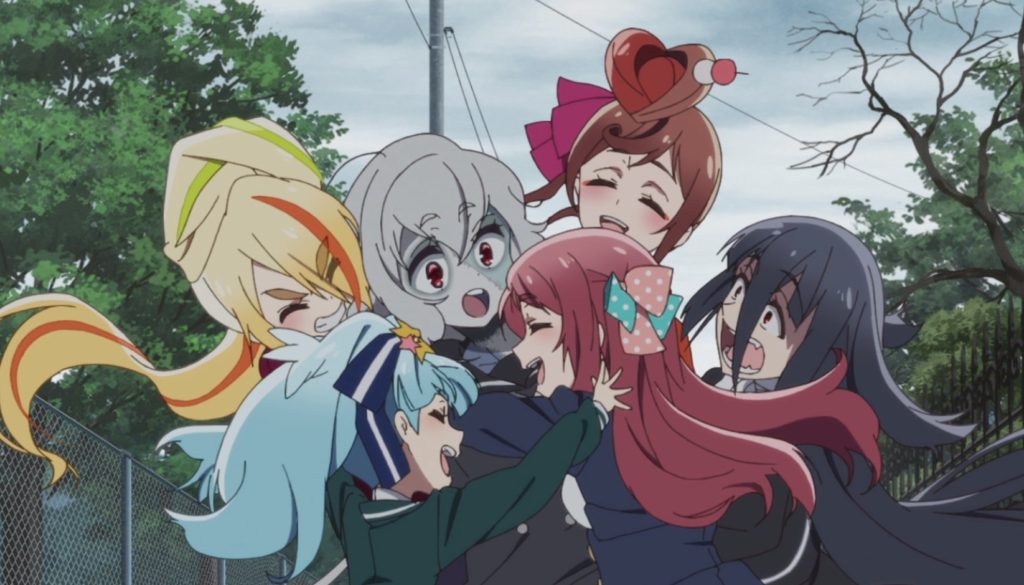Over the last almost-year, basically all of our socializing has gone online out of necessity.
There are a lot of positive points to that. We’ve got “party” setups for streaming services, businesses and events are learning how to manage online counterparts, and a lot of us are becoming versed in streaming.
But with that increased connectivity comes a new wave of issues to navigate—among them the blurring line between the social and the parasocial.
As creators at all levels survive lockdown with us, our relationship to them is changing. And unfortunately, the cracks are showing.
Even after we’re out and about again, this particular genie likely won’t go back in the bottle. So, while we’re in the midst of it, it’s time to look at our parasocial interactions—and how we can keep our half of them healthy.
What is a “parasocial relationship”?

You’ve likely heard the phrase “parasocial” being thrown around a lot lately, but what does it mean?
The term “parasocial relationship” was actually coined back in 1956 by sociologists Donald Horton and Richard Wohl. In short, it describes the unique, one-sided relationship we have with celebrities.
That is, we feel a connection to them due to positive information, admiration, and a feeling of closeness.
We often talk about celebrities we’re fond of in similar language to our friends. We feel a bond, but the second half of the bond isn’t there. As a public figure, this is part of the job. They may well be friendly, admirable, talented people. But we haven’t actually forged a friendship.
That parasocial interaction can be a positive thing. It means we’re more likely to support them, engage with their work, and spread the word about their next project. And the majority of us can understand that, as fans, it’s a one-sided feeling we don’t need to have reciprocated.
But the advent of streaming and all its trappings has deepened the illusion. And now, in lockdown, our faves and our friends are communicating with us via the exact same methods. The challenge is greater; and sadly, not everyone is rising to it.
The Parasocial Problem

Andy Warhol noted that, “in the future, everyone will be famous for 15 minutes.” As a friend of mine once said, he was only slightly off the mark—here in the future, everyone is famous to 15 people.
“Celebrity” is a much more individualized term than it used to be.
Horton and Wohl likely never predicted the existence of YouTubers, Twitch streamers, podcasters, Vine comedians, and every other oddity the Internet has brought us.
This has given birth to the “accessible celebrity” tier. Not household names, not Hollywood stars, just people like us doing their best. You can reach them on Twitter or catch their eye in live chats. It’s basically the parasocial dream… except it isn’t.
While friendships can grow—and have grown—from meeting someone this way, it’s considered by some to be the Desired Outcome. Rather than support and fun, the goal becomes validation. Say the right thing, send enough super chats, align with their tastes enough, and they’ll realize that out of all the other fans, you’re the very good and friendship-worthy fan.
Basically, the interaction goes from being one-sided admiration to a dating sim.
And the behaviors that spring from that can be creepy at best, and disrespectful or harmful at worst. I’ve seen fans who get attention one day, but not the next, get bitter and demand to know why they’re not “cool” anymore.
I’ve seen fans directly mirror, down to the choice of clothing and habits, the person whose attention they crave.
And I’ve seen people take liberties in how they speak to these people to the point of the person snapping and having to say something. None of these things breed a supportive fandom, much less a potential friendship.
The Other Side of the Coin

I don’t consider myself a famous person. I am fortunate to have people who like my work enough to engage with it. Even so, I’ve had parasocial interactions on the opposite end. And, well, they were kind of rough.
Of the few people I’ve had reach out like that, most were very kind and supportive. It boosted my energy on difficult days, or gave me confidence when something else had sapped it earlier. That’s the extremely positive side of the parasocial: those moments when genuine support comes through from unexpected venues.
Then there are the odd interactions.
People being aggressively insulting in a way that they claim was meant to be friendly ribbing… except I don’t know them, so I have no context for their tone or sense of humor.
People getting mad or hurt if I didn’t jump to answer them when it was never anything personal. It couldn’t have been—I didn’t know them.
People getting overfamiliar and crossing lines in uncomfortable ways.
Considering how minuscule a following I have, I can only imagine how it is for bigger names.
How to Navigate Your Parasocial Relationships

As I’ve mentioned, parasocial relationships aren’t inherently bad. They help fans feel less lonely, and they offer support for creators trying to make a name for themselves.
And yes, sometimes there are connections, and sometimes there are friendships and business relationships.
I personally know of one such relationship that led to the fan and the creator becoming friends and business partners. But that was not because the fan “won”—it was because they’re two very like-minded people who get along.
With that in mind, your goal in navigating parasocial interactions shouldn’t be “how do I get liked,” but rather “how do I show my support for the person I admire in a way that will be friendly and helpful?”
The bottom line is to treat them with the same respect you’d treat anyone you don’t actually know. But in specific:
Avoid “friendly ribbing”: Not everyone has the same sense of humor, and what you think of as busting someone’s chops may come across (especially online) as an actual insult. Even if you see their peers teasing them to good effect—those people have likely earned that right.
Don’t demand interaction: If they’re streaming a game, don’t push to be let in. If they’re doing a podcast, don’t demand to join them. Let them do things their way. They have set their social barriers. Acknowledge them the way you’d want yours acknowledged.
Don’t get upset over lack of acknowledgment: To you, there’s one of them. To them, there are hundreds or thousands of you. A good person would love to acknowledge every fan individually. It’s pretty difficult to do that, though. Know they’re doing their best.
Offer support for their sake, not yours: It’s not wrong to want to be seen or heard, and super chats and bits let that work out for both parties. But as you’re writing the message, ask yourself: who is this for? Is it supportive, or self-gratifying?
Also, one final tip: When you do that last one? It makes you happy, too.
No, really. That sounds corny, but it’s so much better to offer unselfish support and see it make a difference to someone.
Instead of trying to be the “special fan,” consider being a source of encouragement. You never know if this is the day they’ll most need to hear it.


Comments are closed.